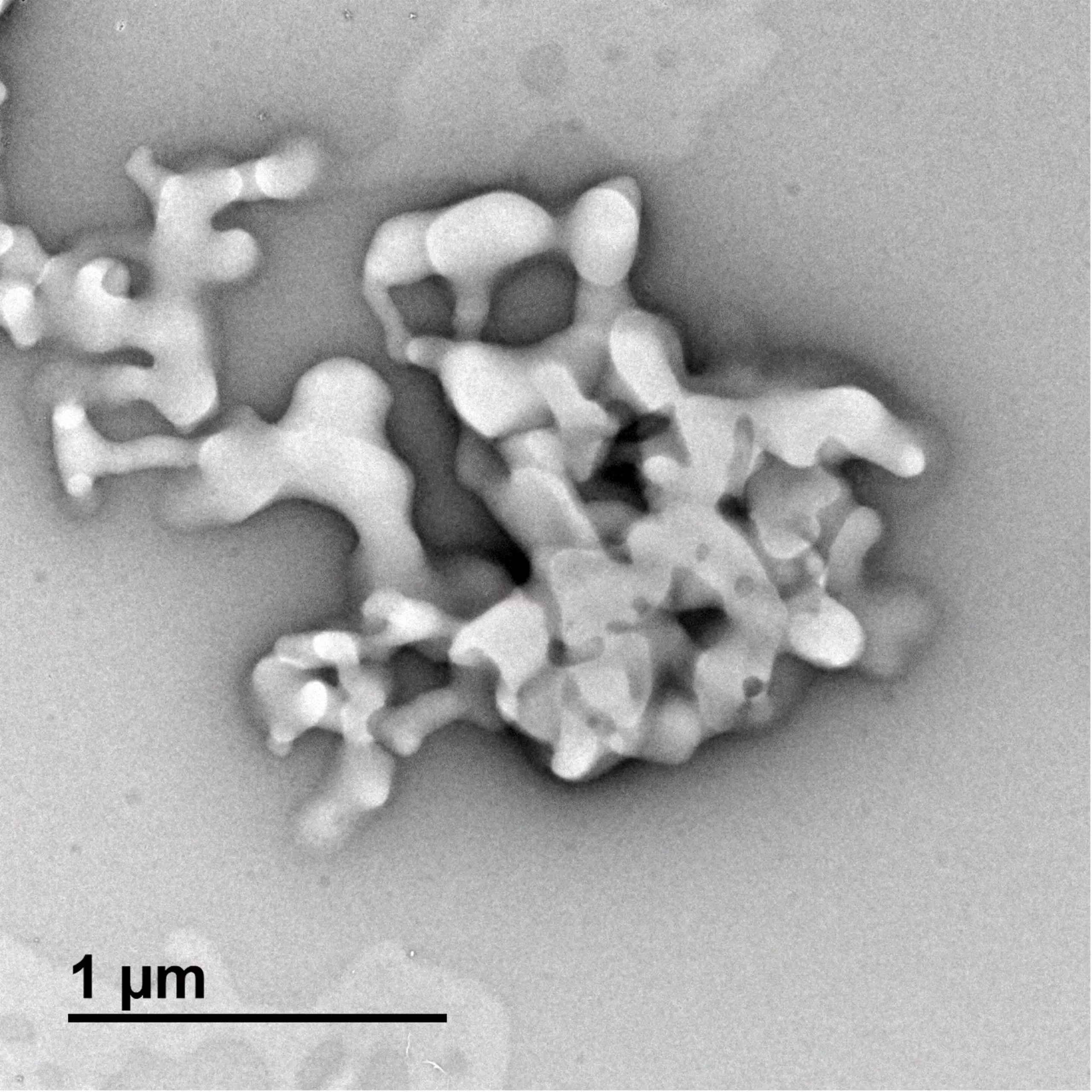A groundbreaking discovery by Kobe University has brought a new approach to inhibiting DNA-cleaving enzymes that may hold the key to combating Streptococcus growth. Enzymes play a crucial role in facilitating various biological reactions within the body, but they can also be utilized by harmful bacteria like Streptococcus to cause serious conditions such as toxic shock syndrome. One of the key challenges in treating such diseases has been finding a way to block the DNA-cleaving enzymes without causing harm to the body. However, a recent study by biochemical engineer Maruyama Tatsuo and his team suggests that they may have found a solution through the aggregation of a non-toxic molecule.
Maruyama and his team stumbled upon the potential of a drug called “Mn007” during their research, which demonstrated the ability to inhibit a bovine DNA-cleaving enzyme similar to the one utilized by Streptococcus. Interestingly, they found that only aggregates of Mn007 were able to effectively inhibit the enzyme, leading them to explore this novel mechanism of action further. Their findings, published in the journal JACS Au, confirmed that the inhibitory effect was specific to the DNA-cleaving enzyme and not related to interactions with DNA or other substances. Moreover, the team demonstrated that Mn007 could also inhibit the bacterial enzyme, paving the way for potential applications in treating Streptococcus infections.
In order to assess the practicality of using Mn007 as a treatment for Streptococcus infections, the researchers conducted experiments using human blood containing white blood cells. By introducing Mn007 to the samples, they observed a significant reduction in bacterial growth, indicating that the aggregates of the molecule could assist in controlling the proliferation of Streptococcus. These promising results have sparked further investigation to unravel the underlying mechanism of inhibition by the aggregates and optimize the efficacy of Mn007 as a therapeutic agent.
While the discovery of a novel mechanism for inhibiting DNA-cleaving enzymes represents a significant advancement in the field of microbial research, there are still many unanswered questions that need to be addressed. One of the primary objectives of ongoing research is to elucidate how Mn007 aggregates interact with the DNase and inhibit its enzymatic activity. By simulating the behavior of the molecule, researchers hope to gain insights into the intricacies of this unique mode of inhibition.
Moreover, the ultimate goal is to determine whether Mn007 can be effectively translated into a viable treatment for Streptococcus infections. If successful, Mn007 would represent the first DNase inhibitor used for therapeutic purposes, marking a major milestone in the development of novel antimicrobial agents. Continued investigations are warranted to explore the full potential of this innovative approach and its implications for combating bacterial infections.


Leave a Reply